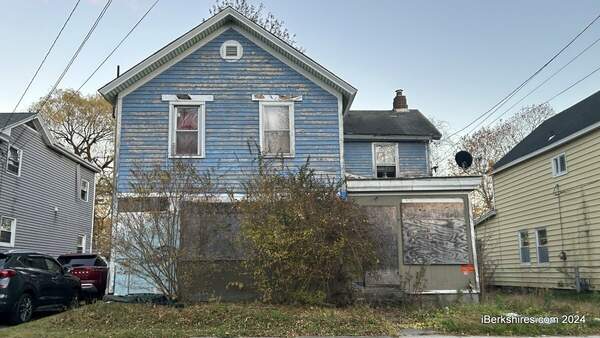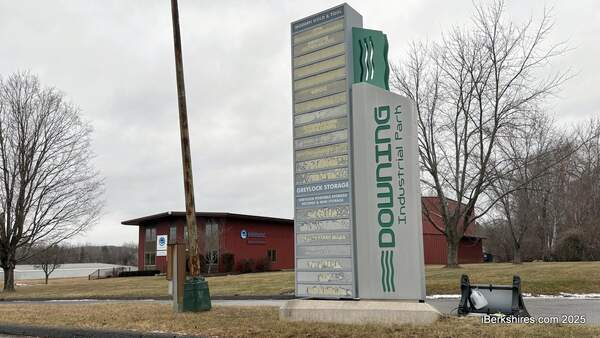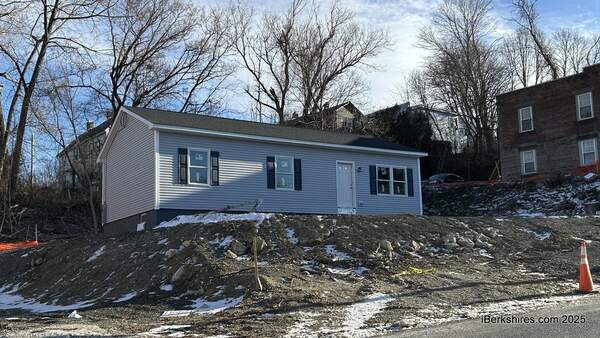Letter: House Managers Misstate Historical Precedent for Impeachment
 |
To the Editor:
The argument that there is historical precedent for impeachment of officer holders that have left office has been grossly overstated by the House managers on the opening day of the trial of Trump's impeachment. The overwhelming bulk of precedent is that office holders that resign after they are impeached in the House are not tried in the Senate. To date, there have been 21 impeachments of 20 individuals. Four of these impeached individuals left office before the Senate trial, and the Senate trial did not happen, Trump being the first to be impeached twice. These four who were not tried because they left were: (1) U.S. Sen. William Blount impeached by the House in 1799; (2) District Court Judge Mark H. Delahay impeached by the House in 1873; (3) District Court Judge George W. English impeached by the House in 1926, and (4) District Court Judge Samuel Kent impeached by the House in 2009.
Surprisingly, the House Managers specifically mentioned U.S. Sen. William Blount as somehow "supporting" the case there is jurisdiction to impeach former President Donald Trump when it does precisely the opposite. Senator Blount was the first person impeached by the House. On Jan. 11, 1799, the Senate voted 14-11 to dismiss the impeachment, arguing that impeachment did not extend to senators: Senator Blount was another example of a person impeached by the House, for which there was no trial in the Senate, wherein Blount had left office at the time of trial.
Failing to mention three district court judges who were impeached by the House but were not tried in the Senate because they left office, mischaracterizing the case of Senator Blount which actually was precedent for not trying in the Senate a person impeached by the House who had already left office, the House managers correctly point to the case of Secretary of War Belknap in our nation's centennial year, but grotesquely overstate its import.
Like President Trump, Belknap's defense managers argued that the Senate had no jurisdiction. But it was hardly overwhelming support of unanimity or near unanimity. The Senate ruled by a vote of 37–29 that it had jurisdiction, a victory for sure, but a suspicious and partisan one which was highly fractured.
Then there was the case of President Nixon, who undoubtedly was going to be impeached and convicted. After he resigned from office the House decided not to impeach, let alone have a trial in the Senate. Finally, there was a common mistake, an excessive reliance on the ways and habits of our English forefathers. Without doubt, much of what Americans cherish is based on the privileges and ways of the English common law. But the American colonies found many English practices odious: after all, we rebelled. A common mistake of constitutional scholars that I often encounter is to interpret our federal and state constitutions and other positive law based upon English practices, devoid of context of whether those who wrote American constitutions intended to follow the English practice in the first instance when drafting the law.
Which brings me to the case of the Englishman Warren Hastings, often cited as historical precedent for impeachments after one has left office. It is of local interest that Warren Hastings was largely supported by William Pitt, an English statesman after which Pittsfield is named. The claim often made is that Hastings was foremost in the mind of our founders when they crafted the impeachment clauses of the United States Constitution. But while it must be conceded that our founders would have had to be aware of Hasting's impeachment, to date, I have not seen an actual quote by our nation's founders that Hastings' impeachment was something to emulate.
After all, Hastings impeachment trial was an unmitigated train wreck and he was ultimately acquitted after going broke defending himself. The House sat for 148 days over a period of seven years during the investigation. It began in 1787 and ended in 1795. According to Wikipedia, a third of the Lords who had attended the trial's opening had since died and only 29 of the others had sat through enough of the evidence to be permitted to pronounce judgement. Hastings was ultimately acquitted, but that is beside the point. This unmitigated disaster of trial happened precisely because it was allowed to drag on long after Hastings was no longer in office.
A word search of all the Federalist papers shows 52 appearances of the word "impeachment." Not once in the Federalist papers was the impeachment of Warren Hastings mentioned. And while too much emphasis can be placed in the mindset of just one founder, in Federalist 66 Alexander Hamilton defends impeachment trials in the Senate at length — Hamilton does not mention impeachment of those that have already left office.
Rinaldo Del Gallo
Lenox, Mass.
Tags: letters to the editor,















